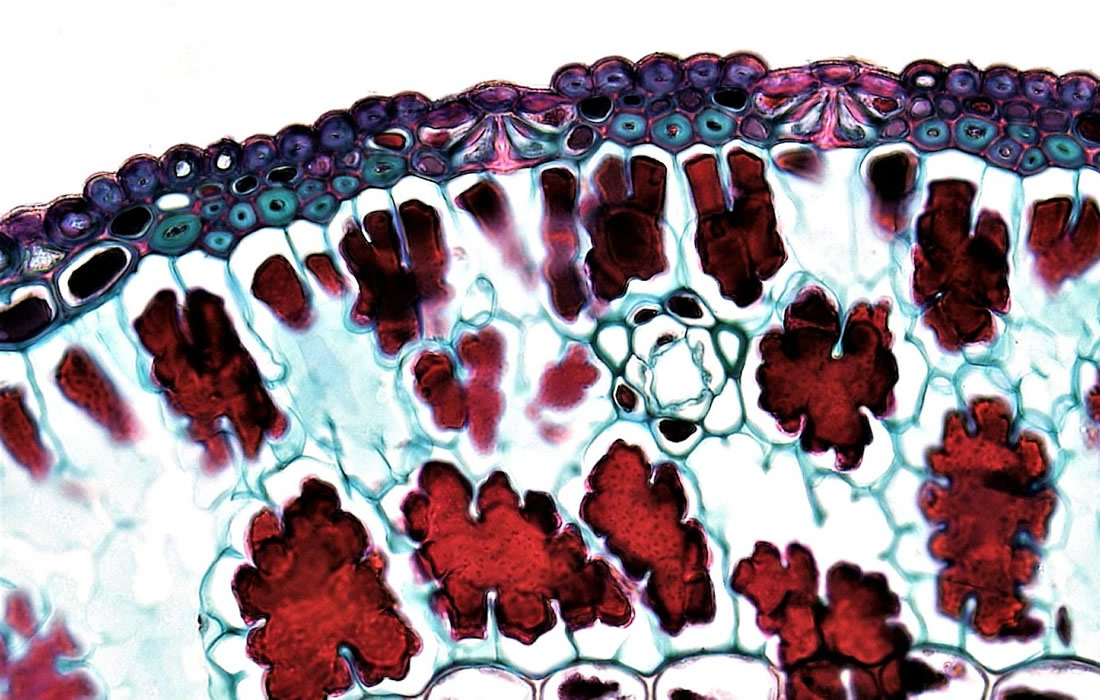Ethanol interferes with the normal functioning of a long list of biological molecules, but how each of these interactions contributes to the behavioral effects of alcohol is not fully understood. A guiding, but elusive, goal of researchers is to identify the protein to which ethanol binds that makes some people vulnerable to excessive drinking. Previous […]
Author Archives: Rocio Gallegos, MD
In a new study scientists have achieved a significant milestone in drug development. Their research opens the door to a new class of orally available drugs, addressing a long-standing challenge in the pharmaceutical industry. “There are many diseases for which the targets were identified but drugs binding and reaching them could not be developed,” says […]
SARS-CoV-2 viral particles are composed of a core of nucleic acid chains that contain the genetic information of the virus, surrounded by a lipid membrane with proteinous spikes sticking out. Each component is necessary for infection. Researchers from the University of Southampton investigated how ultraviolet laser light destroys the virus by impacting each of these […]
Increases in symptoms of depression are associated with a subsequent increase in body weight when measured one month later, new research from the University of Cambridge has found. Research has suggested a connection between weight and mental health but the relationship is complex and remains poorly understood, particularly in relation to how changes in an […]
Researchers at the Icahn School of Medicine at Mount Sinai have gained a deeper understanding of the nuanced roles of JAK inhibitors, or modulators, in inflammation across various cell types and tissues. JAK1 is a key protein in the body that supports cell communication and controls the immune system. It is part of a group […]
Researchers at Nagoya University’s Graduate School of Bioagricultural Sciences and the National Institute of Physiological Sciences in Japan have demonstrated how a specific type of neuron in the brain affects the release of hormones that control ovarian function, such as follicular development and ovulation in females. Kisspeptin neurons in the brain regulate the release of […]
Scientists have identified a protein in the visual system of mice that appears to be key for stabilizing the body’s circadian rhythms by buffering the brain’s response to light. Scientists have long known that most living things have a circadian “clock,” a set of biological rhythms that operate on about a 24-hour cycle and that […]
Scientists from Scripps Research have developed a new method to examine how proteins interact with drug-like small molecules in human cells — revealing critical information about how to potentially target them therapeutically. The strategy uses a combination of chemistry and analytical techniques to reveal the specific places where proteins and small molecules bind together. The […]
A new study, led by experts at the University of Nottingham found that the risk of stomach bleeding caused by using aspirin long-term, can be reduced with a short course of antibiotics, potentially improving the safety of aspirin when used to prevent heart attacks, strokes and possibly some cancers. Aspirin in low doses is a […]
A new study has shown that women who are taking the oral contraceptive pill are less likely to report depression. The research, which analyzed data from 6,239 women in the United States aged 18-55 years old, found that the prevalence of major depression amongst users of the oral contraceptive pill (OCP) was significantly lower, at […]










